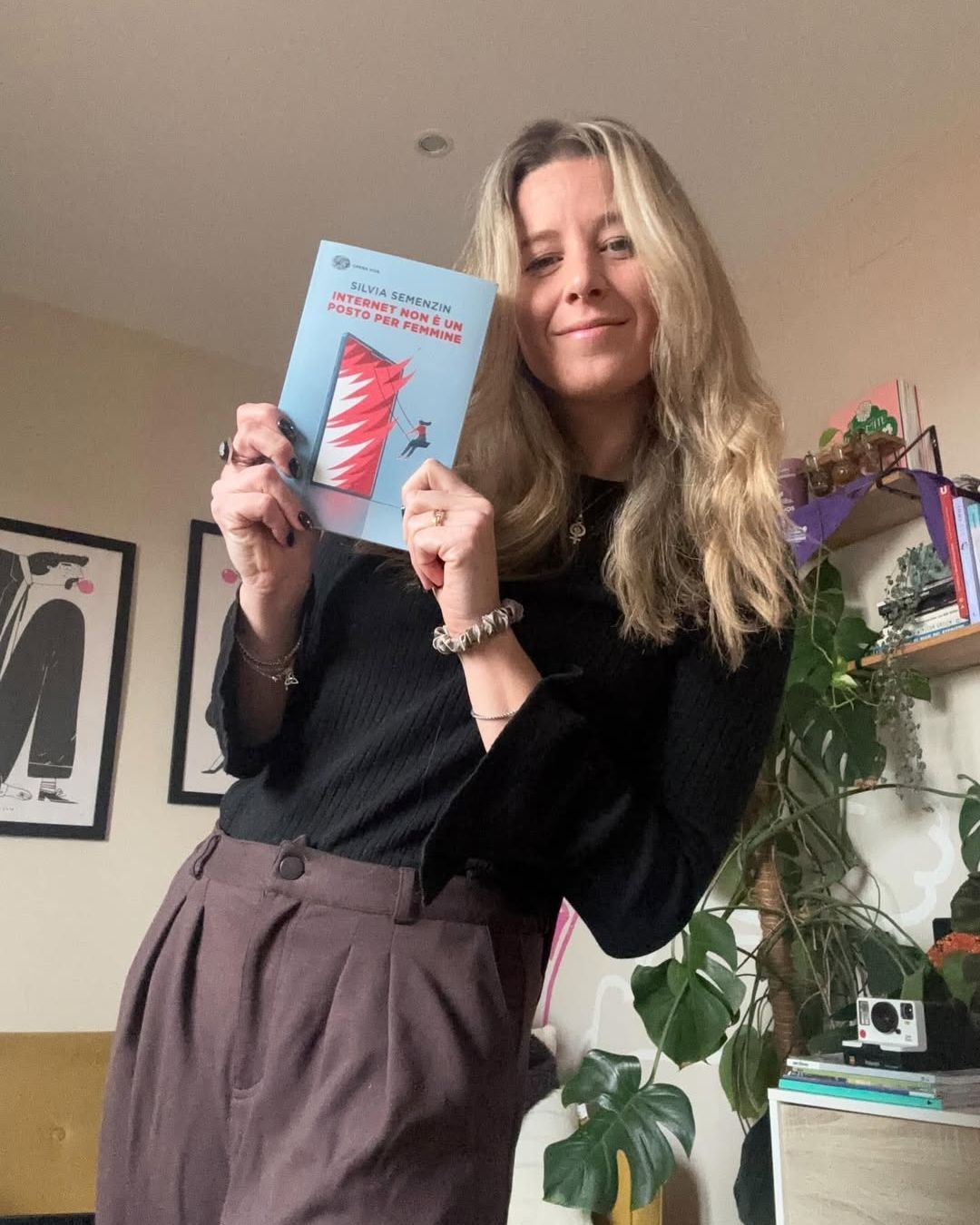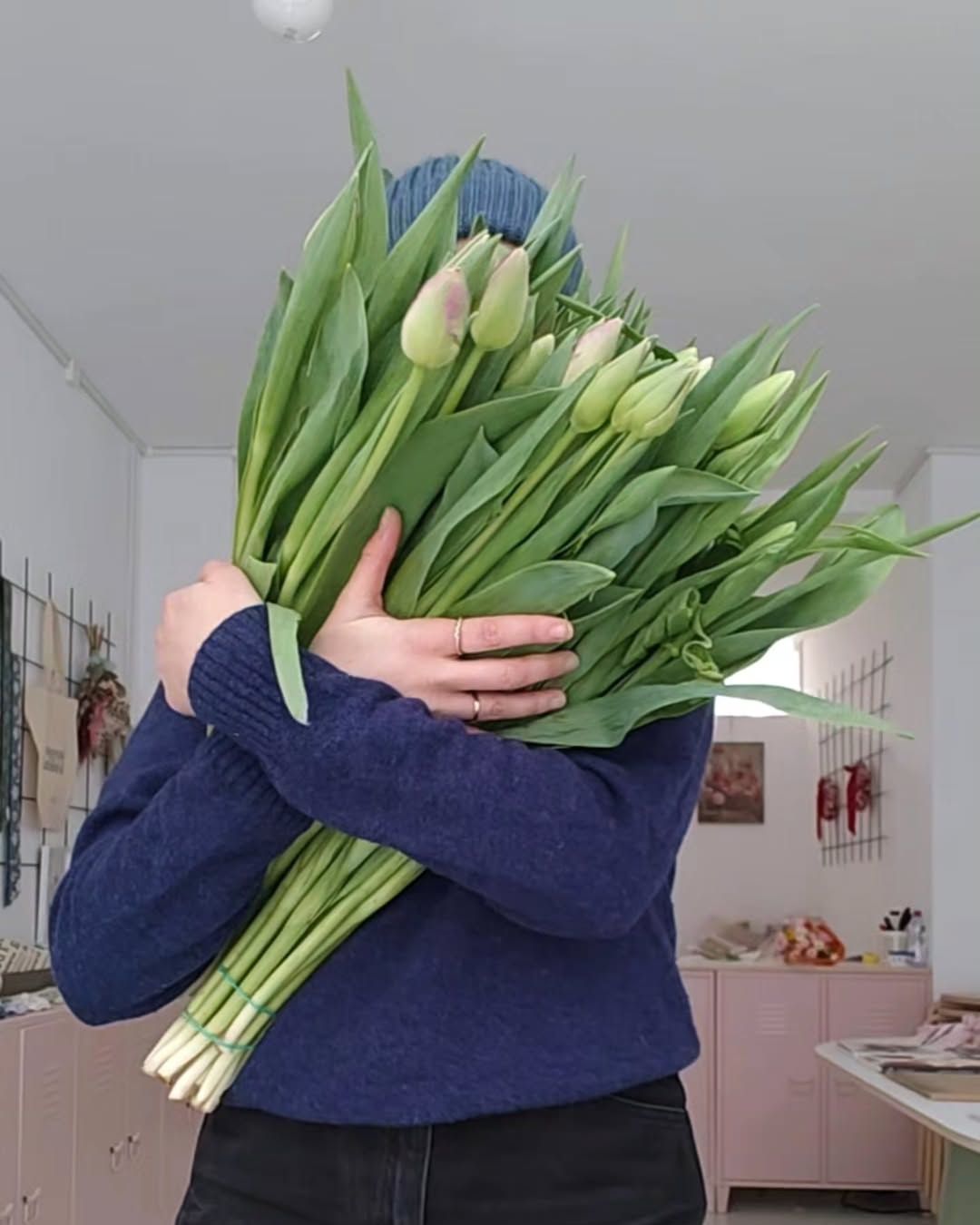
We need to find a hobby Science says it could be good for us
Do you have a hobby? The definition of leisure activity varies and is multifaceted, different for everyone. It can be sedentary or athletic, quiet or noisy, team-based or solitary. There are those who love reading, those who climb mountains or skydive, volunteer. There are those who arrange floral compositions, paint, take long walks, or dedicate two afternoons a week to free-form fighting, those who swim and those who do DIY, those who restore furniture, collect crayons, or photograph in analog. The important thing, it seems, is to have one. And no, I fear that scrolling on TikTok and arguing in the comment sections of Instagram and Facebook with sixty-year-olds doesn't count. Fortunately.
It's a Matter of Mental Health
We work too much, think too much, scroll too much, share too much. Our minds get tangled, fall into unpleasant loops, fatigue makes us sad. Every day a new article and a new piece of content tailored for us in these complex times by the latest viral mental coach explains how to detach from the horror of the news, how to nurture our inner garden. There's talk of popcorn brain, altered neural circuits, eco-anxiety, and so on. And what if the solution were simply that we need to find a hobby? The invitation, once used for years (at least by me) somewhat dismissively for those who were a bit heavy, could completely turn around and instead become a heartfelt piece of advice. For our mental health.
Hobbies Help You Feel Good, Science Says
Research on the topic is increasing. In Shanghai, for example, it emerged from a study conducted in 2019 that there's a common thread among too many work hours and depression, and that one of the solutions (in the absence of being able to ask the boss to work less) is to dedicate oneself body and soul to a daily cultivating activity, which distracts us from the work we're forced to do to survive and gives us tangible and satisfying results, just for ourselves. It works with seniors too. A study conducted by Mature Medicine in 16 countries, in fact, highlighted how engaging in a hobby allows people aged 65 and over to not succumb to sadness. Without force and especially by unlearning to feel guilty every time we don't do something productive. Feeling good is never a waste of time!
Which Hobbies to Choose?
Honestly, the limit does not exist. If you're interested in insects, delve into entomology. If you want to photograph animals, buy a guide to the flora and fauna of your region and go wild. If you don't feel like doing it alone, google the groups in your city, join an evening class with friends or your partner. The possibilities are endless. Just one thing: engaging in a hobby consistently and satisfactorily is not a matter of performance, nor of weight loss and muscle mass (see sports hobbies). The key to making the most of our free time is choosing an activity that makes us feel good, in which we can progress and which gives us tangible results, in short, something that gives us great satisfaction and that we really enjoy. Free time is sacred, let's learn about ourselves and understand how to use it to feel good, despite everything.


























































